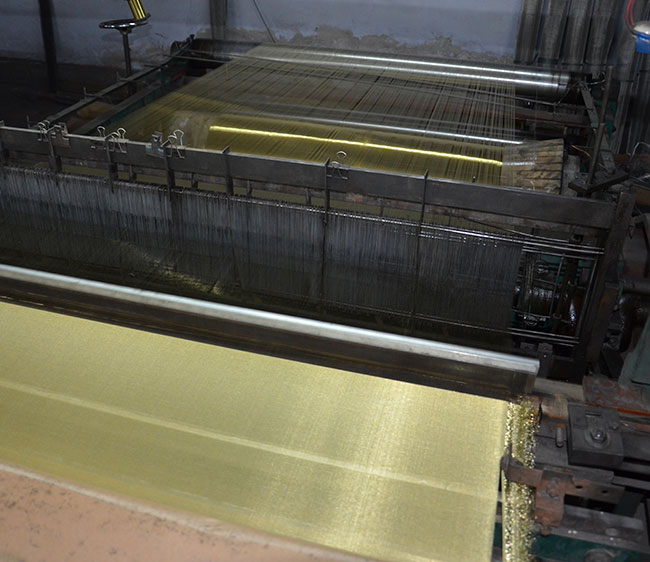Окт . 16, 2024 11:35 Back to list
carbon air filter
The Importance of Carbon Air Filters
In the quest for cleaner air and healthier living environments, carbon air filters have emerged as an essential tool for many households and industries. Utilizing activated carbon technology, these filters provide a unique solution to air purification, effectively removing pollutants and enhancing indoor air quality.
Carbon air filters are designed to capture a variety of airborne contaminants, primarily volatile organic compounds (VOCs), odors, and harmful gases. Activated carbon, a form of carbon that has been processed to have numerous tiny pores, grants these filters their remarkable ability to adsorb impurities. When air passes through the filter, pollutants adhere to the surface of the carbon, thereby cleaning the air before it is cycled back into the living space.
One of the most significant advantages of carbon air filters is their effectiveness against odors. Whether it's cooking smells, pet odors, or the stale stench of cigarette smoke, activated carbon works wonders in neutralizing unpleasant scents. This makes them particularly popular in kitchens, living rooms, and spaces where pets are present. Homeowners often notice a marked improvement in air freshness after incorporating carbon filters into their air purification systems.
In addition to odors, carbon air filters play a crucial role in removing harmful gases and chemicals from the air. Many household products, like paints, cleaning agents, and air fresheners, release VOCs that can lead to respiratory issues and other health problems over time. By employing carbon air filters, individuals can significantly reduce their exposure to these harmful substances, creating a safer indoor environment for themselves and their families.
carbon air filter

Furthermore, carbon air filters can be beneficial in industrial settings, where air quality is paramount. Factories and manufacturing plants often release hazardous chemicals that can affect not only the workers' health but also the surrounding community. Installing high-quality carbon filters in these environments can help mitigate these risks, ensuring compliance with health and safety regulations while promoting a healthier workplace.
However, it is important to note that carbon air filters are most effective when used as part of a more comprehensive air purification strategy. They excel in adsorbing gases but are less effective at capturing particulate matter like dust and pollen. Therefore, combining carbon filters with high-efficiency particulate air (HEPA) filters can provide a holistic approach to air purification, addressing both gaseous and particulate contaminants.
When selecting a carbon air filter, it is crucial to consider factors such as the filter's activation level, size, and airflow capacity. Regular maintenance and timely replacement of the filters are also essential to ensure ongoing effectiveness. A clogged or overly saturated filter can stop functioning properly, allowing pollutants back into the air.
In conclusion, carbon air filters are a valuable investment for anyone looking to improve indoor air quality. Their ability to efficiently remove odors and harmful gases contributes to a healthier, more pleasant living environment. Whether in residential or industrial applications, these filters provide an effective means of combating air pollution, making our spaces cleaner and safer for all. As we continue to prioritize health and well-being, incorporating carbon air filters into our air management systems is a step in the right direction.
share
-
CE Certified 250 Micron Stainless Steel Mesh - Durable Filter
NewsAug.02,2025
-
Screen Mesh Price Deals | gpt-4-turbo Optimized Pricing
NewsAug.01,2025
-
CE Certified 250 Micron Stainless Steel Filter Mesh | Premium
NewsJul.31,2025
-
CE Certified 250 Micron Stainless Steel Mesh | Premium Filter
NewsJul.31,2025
-
CE Certification Buy Wire Mesh Fence for High Security and Durability
NewsJul.30,2025
-
Stainless Steel Mesh Filter Discs for Precise Filtration Solutions
NewsJul.29,2025

